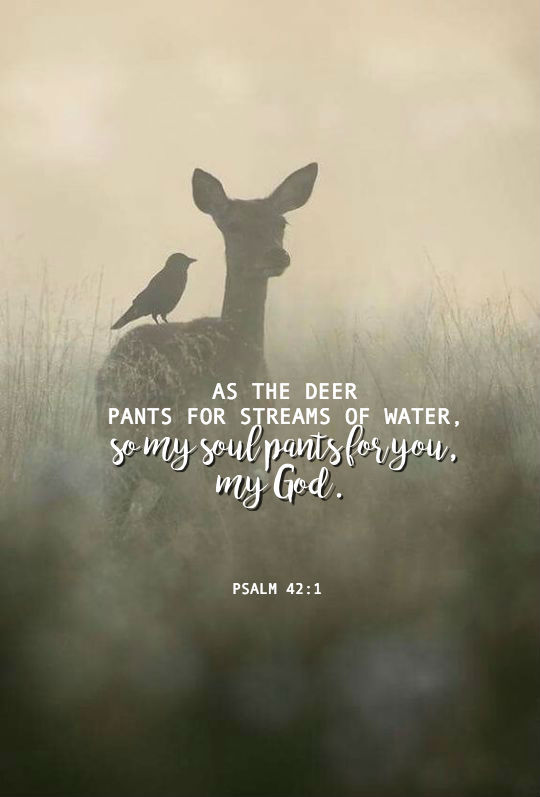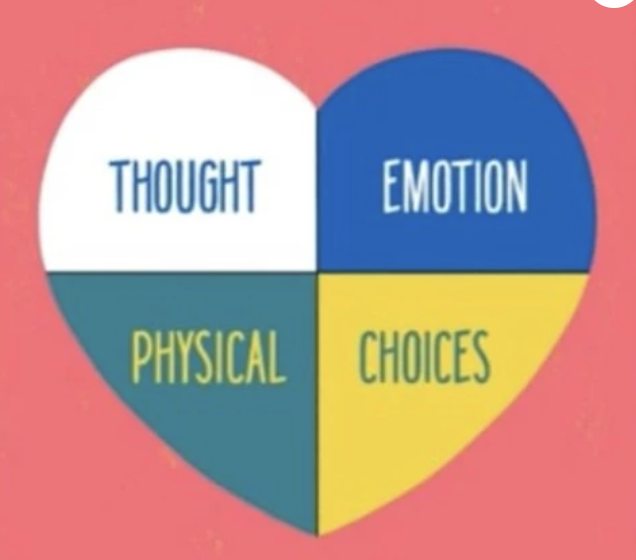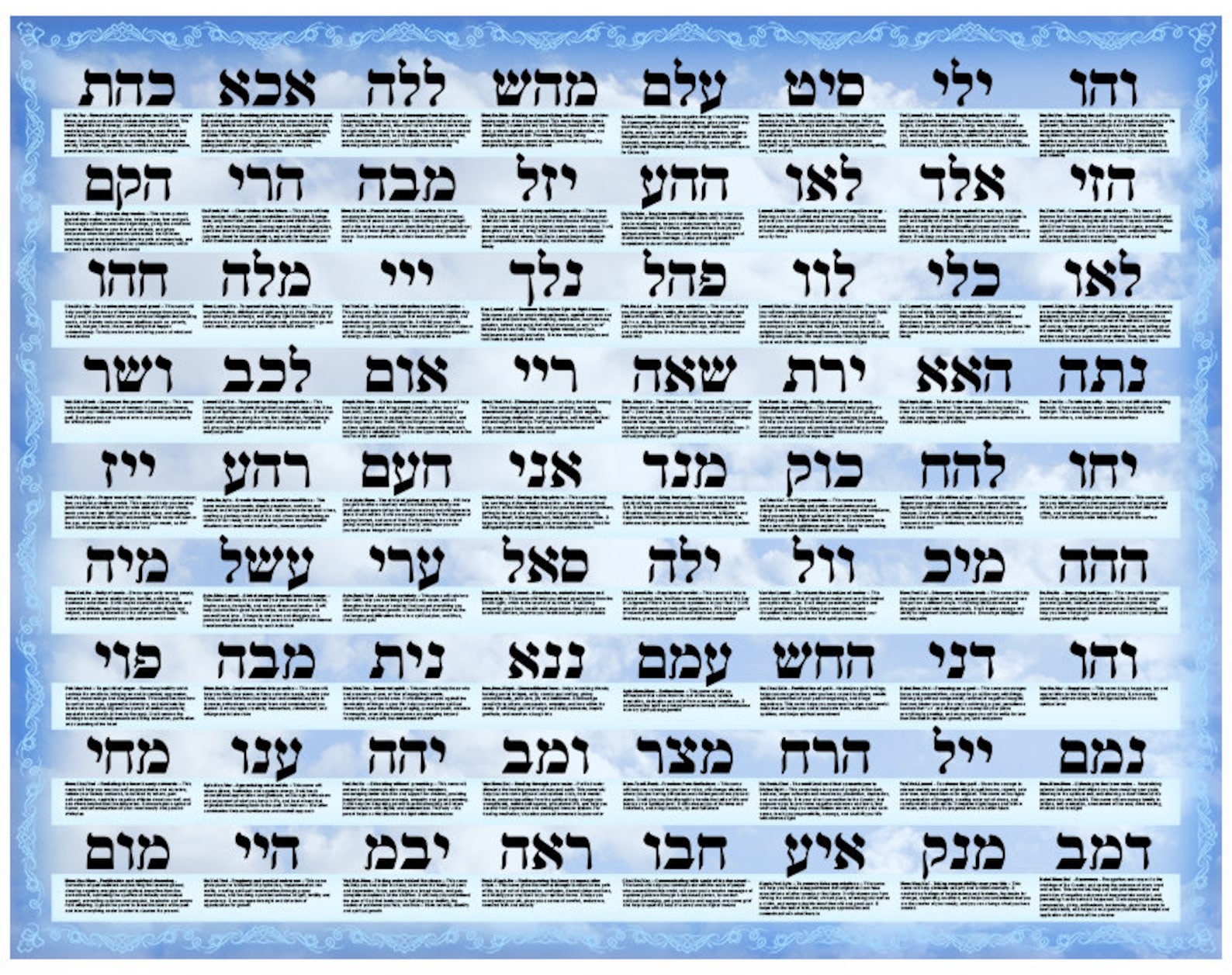Lev/Heart as reflected in the Jewish prayer known as the Shema: home of your intellect, emotions, and discernment and decision-making, integrating body-mind-spirit
There is a candle in your heart, ready to be kindled.There is a void in your soul, ready to be filled.You feel it, don’t you? ― Rumi We can reject everything else: religion, ideology, all received wisdom. But we cannot escape the necessity of love and compassion. This, then, is my true religion, my simple […]
Ahava / Love as reflected in Jewish prayer known as Shema
There is no remedy for love but to love more.—Henry David Thoreau The first two of these commandments —love for God and love for our fellow humans —are actualized through mitzvot, a system that shapes idealsinto behavior and is deepened through communal norms.— Joanna Samuels Love God. Love God with everything you are: heart, mind, […]
Reflections on the name of God, written as YHWH, but replaced by ‘Adonai’ in spoken version of the Jewish prayer called the Shema, and other names for the Divine.
How I long to seeamong dawn flowers,the face of God.― Basho God’s name is not known; it is wondered at. — Gregory of Nyssa He is who He was, and He is also who He will be because the great I Am never steps out of the present tense. ― Tony Evans I am a […]




